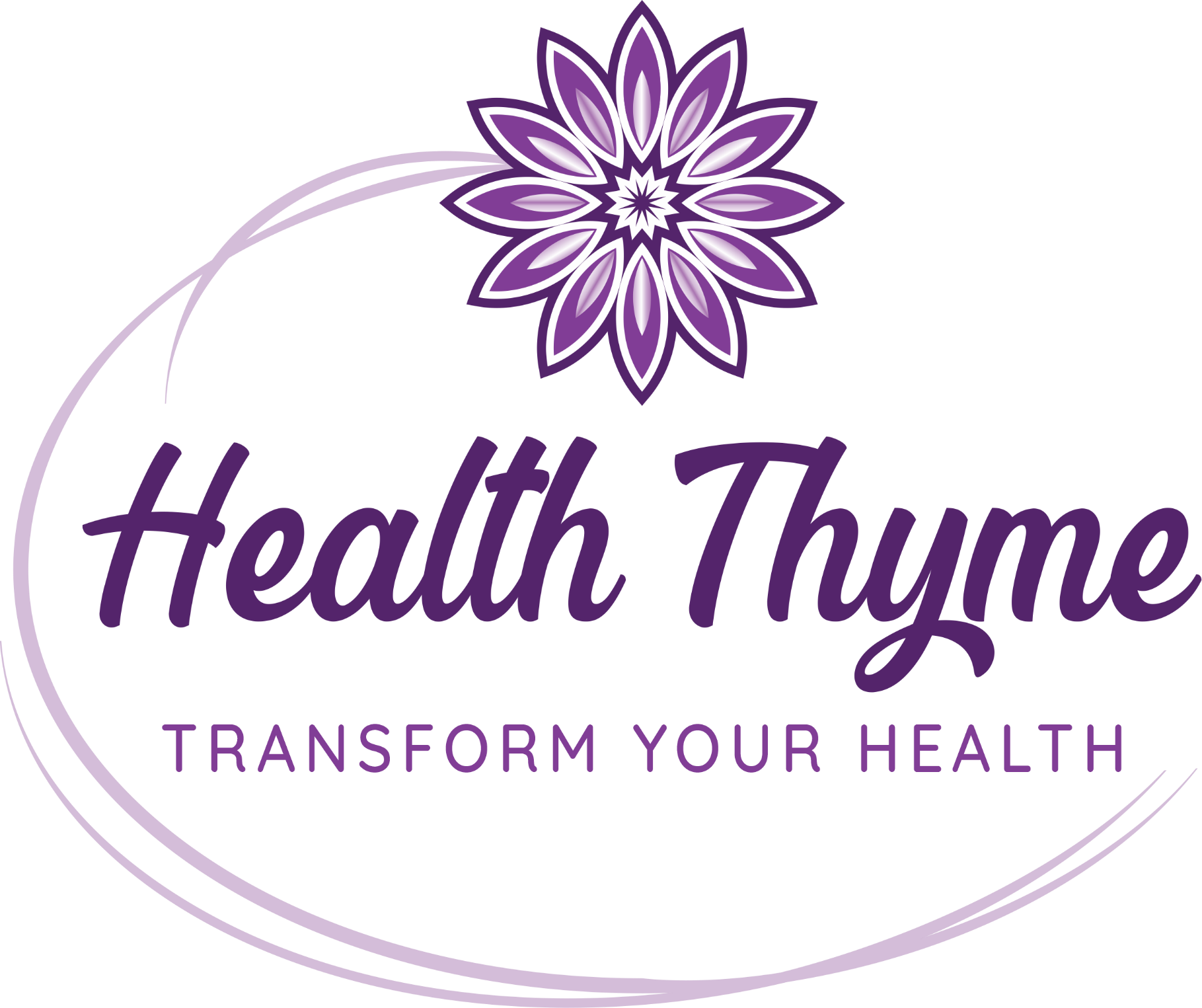Chronic diseases account for a staggering number of all deaths in Australia and America combined. The silver lining? Many of these diseases are preventable, treatable, and even reversible through straightforward lifestyle changes like embracing a healthy diet, incorporating regular exercise, and effectively managing stress. In this article, we’ll delve into the profound impact food choices can have on either fostering illness or promoting healing, emphasising how a wholesome human diet can address the root causes of most chronic conditions.
Unleashing the Power of Food
The influence of food on our health is nothing short of remarkable. What we choose to eat—or avoid—can either be the precursor to or the remedy for chronic diseases such as heart disease, diabetes, cancer, and even mental health conditions. The human body possesses an innate ability to heal itself when provided with the right nourishment.
Benefits of Eating Healthy
In just 10 days, the positive effects of adopting a healthier diet can begin to manifest. Extend those healthy habits to 40 days, and you may witness improvements or even the disappearance of chronic issues altogether.
Distinguishing Good vs. Bad Carbs
Carbohydrates often receive undue criticism, but it’s not the carbs themselves that are problematic—it’s the processed, sugar-laden carbs that warrant scrutiny. Foods like bread, candy, sugary treats, and pasta are laden with processed sugar and carbohydrates. The key lies in differentiating between the beneficial sugars found in wholesome carbs and the detrimental sugars present in processed foods.
Examples of Wholesome Carbs:
- Ancient grains like quinoa, millet, and amaranth
- Black, Red and brown rice
- Fruits such as berries, apples, and oranges
- Vegetables like sweet potatoes and pumpkins
- Legumes like beans, chickpeas, and lentils
Examples of Processed Foods to Avoid:
- Candy
- Pasta
- White rice
- Pastries
- Breakfast cereals
- Yogurt with added sugar
- Certain processed meats
Sugar and Inflammation
Processed foods, while convenient and delicious, are laden with processed sugar, triggering inflammation in the body and giving rise to various health problems. Even seemingly innocent foods like cereals, yogurts, pastries, and some processed meats may harbor sugar-rich additives. To minimize sugar intake, steer clear of overly processed foods.
Is Sugar Bad for You?
Must you eliminate sugar entirely from your diet? Not necessarily. While sugar isn’t inherently harmful, excessive consumption can have adverse effects on health. High-sugar foods can be addictive, causing substantial insulin level surges. The key is to incorporate sufficient fiber, which not only curtails inflammation but also stabilises insulin levels. If your body doesn’t exhibit insulin issues, modest sugar intake likely won’t cause harm, provided you counteract the potential inflammation it may induce.
“The doctor of the future will no longer treat the human frame with drugs, but rather will cure and prevent disease with nutrition.” – Thomas Edison
In conclusion, the pivotal distinction between sugar and carbohydrates lies in their fiber content and the authentic nutrients they provide. Sugar yields only a brief energy burst, whereas complete carbohydrates offer a rich source of essential vitamins, minerals, fiber, protein, and healthy carbohydrates that metabolize into glycogen. Simplifying your dietary choices and minimizing processed food intake can significantly impact your body composition, strength, and energy levels. Always remember, while food can be the cause of disease, it can also be the cure. Make informed choices and seize control of your health!
If you seek guidance on crafting a diet to combat chronic illness, reach out to Health Thyme. We’re here to champion your wellness journey!
By Andrina Smylie
#chronicdisease #foodasmedicine #nutrition #wellness #healthyeating #healthydiet #prevention #lifestylechanges #healingfoods #nourishment #wholefoods #natural #healththyme #eatingclean #healthylifestyletips #wellnessjourney #balanceddiet #healthcoach #selfhealing #holistichealth
The information provided in this blog post is for educational and informational purposes only. Always seek the advice of your physician or other qualified health provider with any questions you may have regarding a medical condition.

